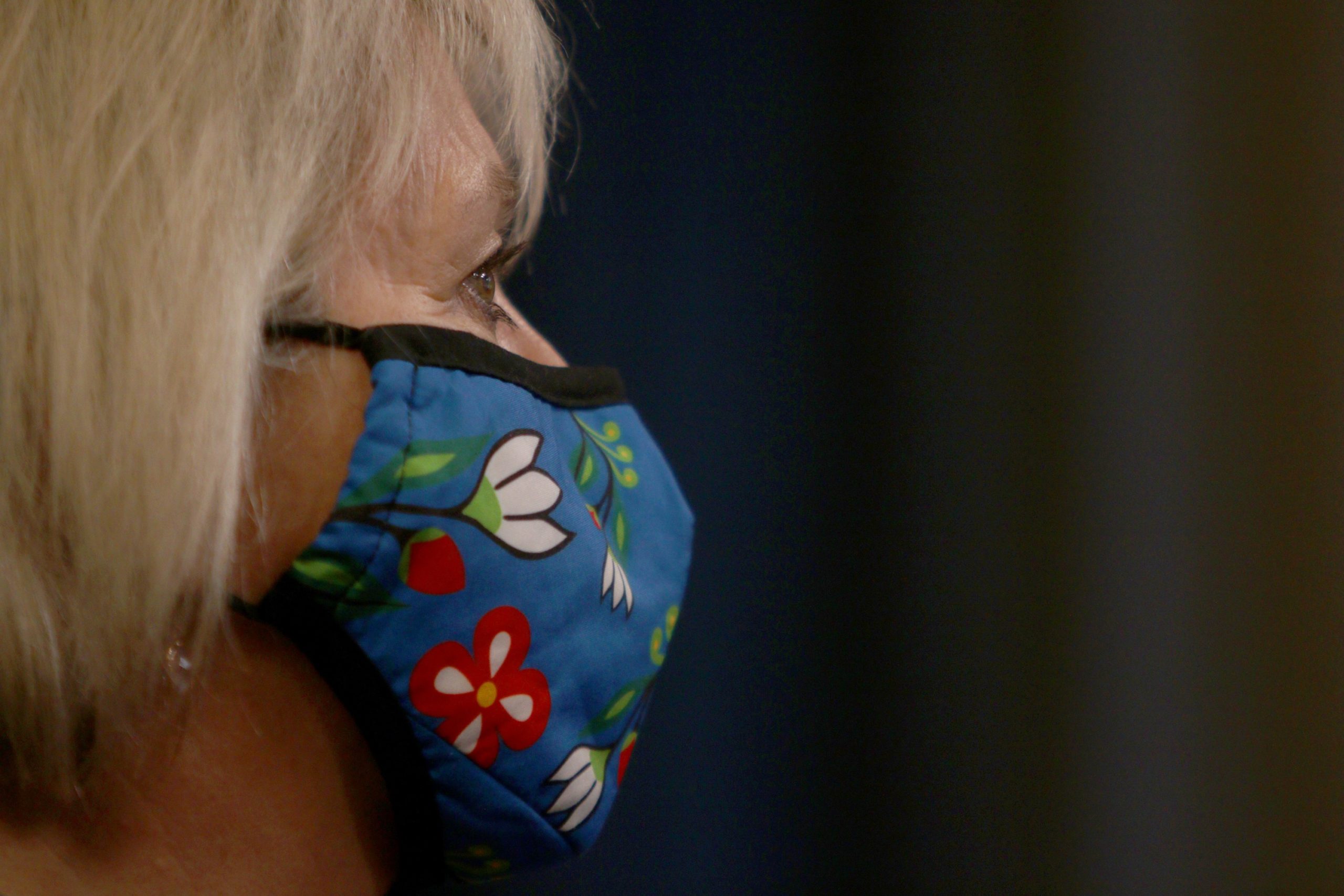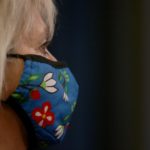B.C. brings in more rules to fight the COVID-19 variant Omicron, plans surgery delays

VICTORIA — The rapid growth rate of the COVID-19 Omicron variant in British Columbia has led the province to tighten public health restrictions to limit its spread, says provincial health officer Dr. Bonnie Henry.
The province also has plans to introduce enhanced rapid testing and booster shot programs to fight the highly contagious variant.
"It's about buying us time to understand and prepare," Henry said Tuesday at a news conference. "We need to protect our health care system for everybody who needs care."
Exploding numbers of Omicron cases in Ontario, Quebec and the United Kingdom persuaded officials to take stronger action to block the variant's path, she said.
B.C. reported 1,308 COVID-19 cases Tuesday and one death, bringing the total number of fatalities to 2,403. The province has identified a total of 756 cases of the Omicron variant.
Henry said starting at 11:59 p.m. on Wednesday, bars, nightclubs, gyms, fitness centres and dance studios will have to close, and all seated events will be reduced to 50 per cent capacity. Indoor gatherings including weddings are being cancelled.
The risk posed by Omicron is "fundamentally different" than other variants and it more easily infects those who are vaccinated or have had COVID-19, she said.
"It is inevitable now that most of us in the province will be exposed at some point," said Henry, adding Omicron has replaced Delta as the dominant COVID-19 variant in B.C.
"The way this strain of the virus is being transmitted through communities across the province, it is very likely that all of us will have exposure to it over time."
Health Minister Adrian Dix said scheduled surgeries will be postponed starting Jan. 4 to manage hospital capacity, but urgent and emergency duties will continue. He said all surgeries will be rescheduled.
Henry said data show Omicron cases are rising among younger people between the ages of 18 to 35, with most severe outcomes, including hospitalization, occurring in those who are not vaccinated.
Despite the rapid rise of the Omicron variant, it could also signal a shift in the pandemic where increasing vaccine rates and continued physical distancing along with hand washing will protect more people, she said.
"This may be the turning point as we get to learn to live with the virus," Henry said. "I think there is optimism that this is a wave that is changing things as long as we can support immunization across the world."
The new health orders allow restaurants, cafes and other businesses that serve food to stay open, but seating will be limited to a maximum of six people at a table, and physical distancing must be followed.
The new measures will remain in effect until Jan. 18.
Henry also announced an expansion of its vaccine booster program starting in January when large venues, such as the Vancouver Convention Centre, will become mass immunization sites for booster shots. The government said booster doses will buy time to learn more about the variant.
"They say adversity introduces us to ourselves," said Henry. "Our storm with COVID-19 is not over."
COVID-19 rapid testing will be expanded next month with the expected arrival of 11 million tests from the federal government. The tests that are currently available will be distributed at long-term care facilities, among health-care workers and to rural, remote, Indigenous and vulnerable communities.
The new measures are in addition to others announced last week, when Henry capped audience numbers in large venues, prohibited New Year's Eve parties and limited indoor family gatherings to one household plus 10 vaccinated guests.
This report by The Canadian Press was first published Dec. 21, 2021.
Dirk Meissner, The Canadian Press




